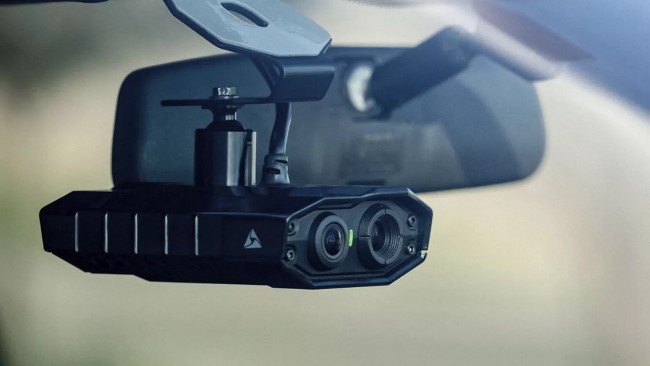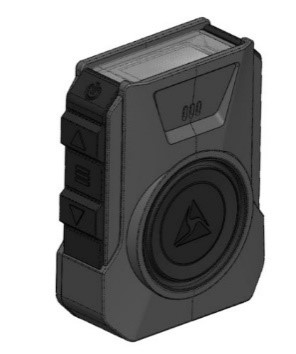In-Car Cameras and Body-Worn Microphones
2024 Pilot Project: In-Car Cameras and Body-Worn Microphones
The Windsor Police Service is dedicated to serving the community with professionalism, accountability, and integrity. Following the successful completion of a three-month limited scope pilot project, the Service is expanding the pilot to equip frontline supervisors with in-car cameras (ICCs) and body-worn microphones (BWMs) starting October 22, 2024. This expansion comes ahead of a planned rollout to all patrol officers in 2025.
These devices are designed for use in the general proximity of police vehicles, which will improve evidence collection and provide an objective record of events. The broader rollout of ICCs and BWMs marks a significant step forward in promoting public trust and officer safety.
How do these tools work?
In-car cameras are mounted inside police vehicles just below the rear-view mirror. They capture video footage outside of the police vehicle and audio footage inside the vehicle. These cameras will record interactions between officers and the public during traffic stops and other incidents, providing an objective record of events.
Body-worn microphones are affixed to officers’ uniforms and capture spoken interactions and surrounding audio from outside the police vehicle. (Due to their appearance, they may be mistaken for body-worn cameras.)
These devices will automatically start recording when officers respond to emergency calls for service and during vehicle stops, and can also be activated manually as needed. When the system is recording, a red light will blink on the microphone and camera. In certain circumstances where officer or public safety is a concern, officers can deactivate these flashing lights while still recording the event.

In-Car Camera

Body-Worn Microphone
Privacy
The Information and Privacy Commissioner of Ontario has released a framework on the use of Body-Worn Camera systems by police services. This framework ensures the use of this technology respects the privacy rights enshrined in the Canadian Charter of Rights and Freedoms, and that personal information is managed lawfully.
The Windsor Police Service is using this framework for guidance on the implementation of in-car cameras and body-worn microphones. The Service has also developed a Privacy Impact Assessment for this technology, and consulted with the volunteer-run Community Consultative Committee. The collection, retention, use, and disclosure of personal information obtained from these devices will comply with the Municipal Freedom of Information and Protection of Privacy Act (MFIPPA).
If you don’t want to be recorded, you can notify the officer. However, recording will likely continue if the interaction occurs in a public place.(Under Canadian law, a “public place” typically includes any area that is accessible to the public or where it is reasonable to expect to be seen by others.) In some situations, officers may need to record in private settings (for example, if a crime is actively occurring). There are established policies and procedures to ensure that the use of this recording equipment is reasonable and justified.
Complaints about policing services or officer conduct can be submitted through the Law Enforcement Complaints Agency.
